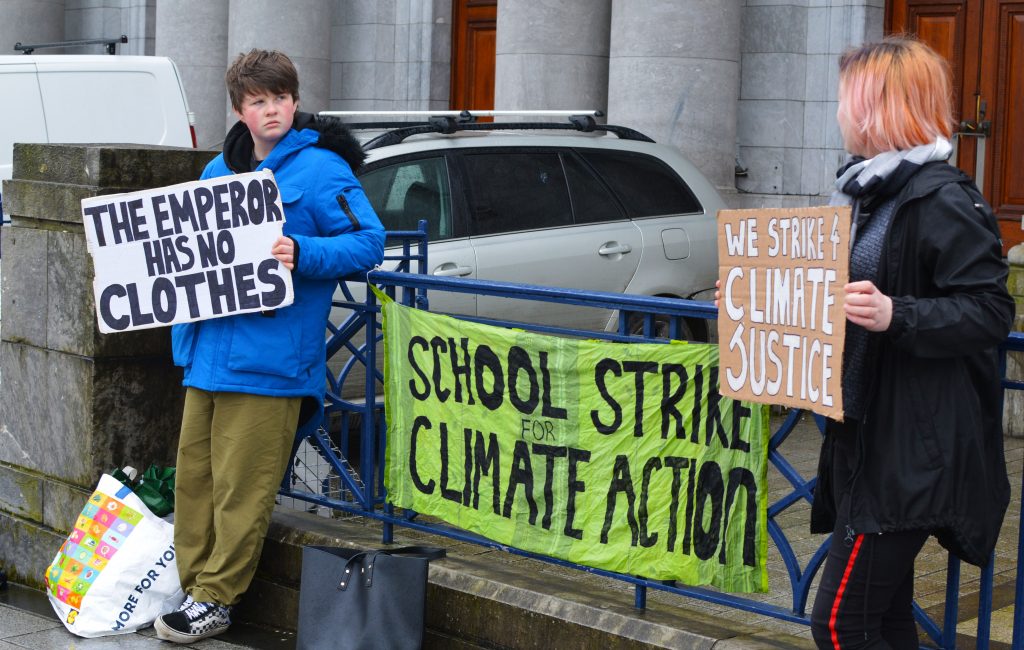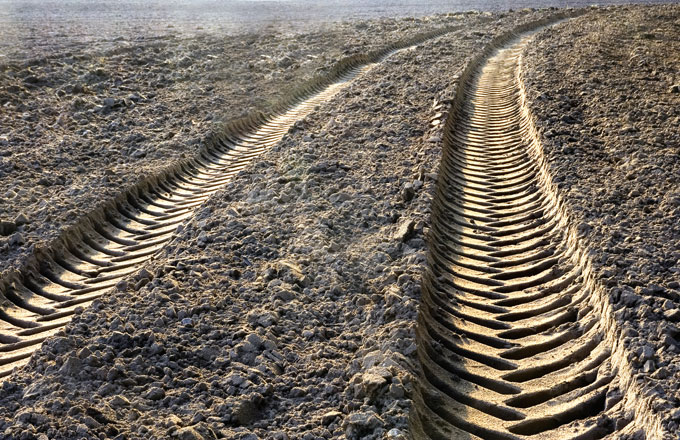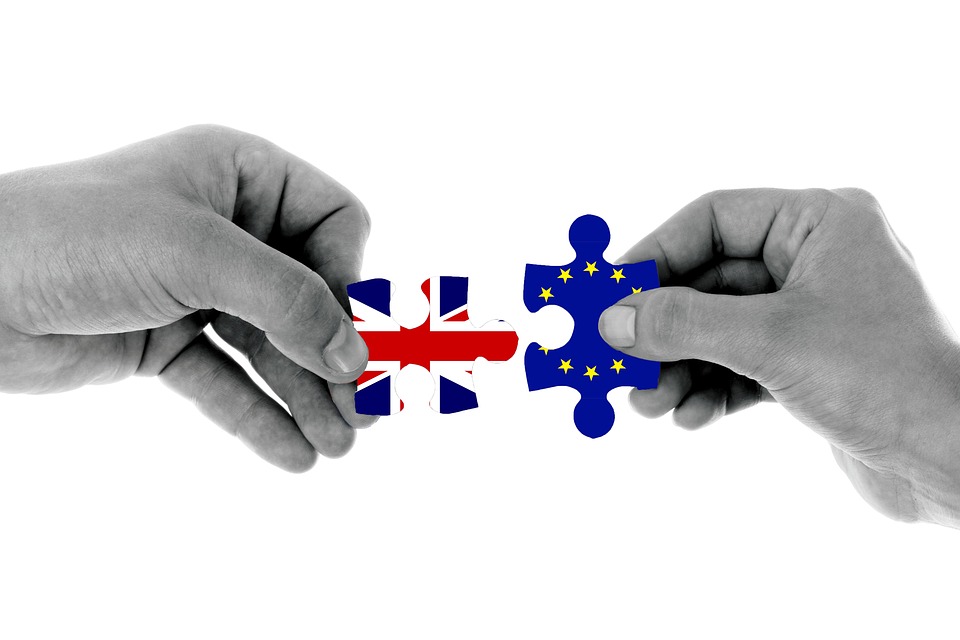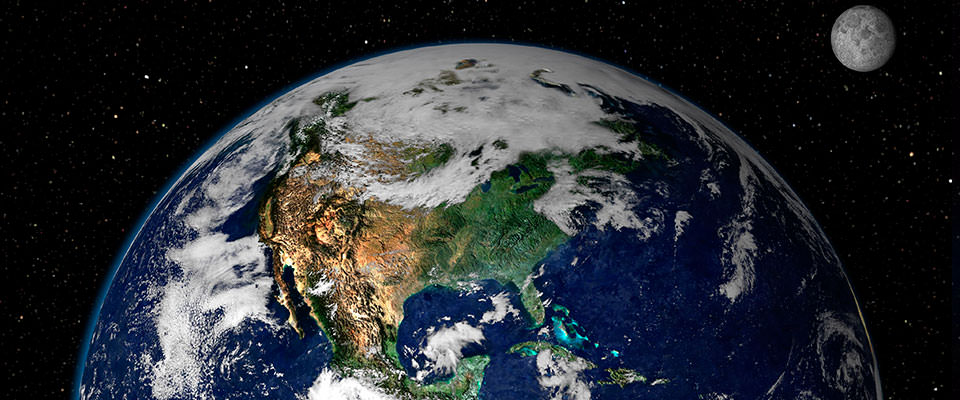Saoi O’Connor is back in the streets with a mask on and from a distance

3 July 2020
By early 2020, Saoi O’Connor was no stranger to weekday protests and grassroots climate action.
For the past year and a half, they had been out on the streets, imploring the world to act on the climate crisis.
They had appeared on the radio, on television, in print media. They forged a friendship with Swedish climate activist and household name Greta Thunberg. They shared a stage with climate writer and activist Naomi Klein in the capital, their now signature sign reading “The Emperor Has No Clothes” in hand.
Weekly Fridays for Future protests carried on outside Cork City Hall as winter melded itself into spring. On a Thursday morning in late February, they joined a rally in the city for Sioned Jones, a woman from West Cork who was being brought to court for replacing Sitka Spruce trees with native Irish species.
It was the last time Saoi would stand in physical solidarity in a crowd for an unknown stretch of time. But they had no idea it would be. The country soon afterwards skidded to an abrupt halt.
“It was very sudden,” Saoi recalls.
“It feels like we’ve had a really long week and there’s been no Friday, and Friday’s still coming,” they continue.

Fridays for Future strikes moved online with protestors posting pictures of themselves wherever they were quarantining with their signs in the frame and hashtags to match. Organisers were used to coordinating video calls due to the international nature of the movement, so they were well-equipped for the workplace shift the pandemic brought with it.
And while Saoi found digital protesting impactful and a “good thing” for the movement, it just wasn’t right for them.
“There’s this sense of community and unity of being together at the strike and having not gone to school to sit there – not to be dramatic – but often in the cold and in the rain for seven hours. That brings you together with people,” they told The Green News.
Their friend and fellow activist Darragh got in touch with Saoi about getting back out to protest and they started organising how to protest safely with masks and social distancing in place.
While acknowledging that it was going to be strange, Saoi stresses that “it’s certainly important to show people we’re not going away”.
Overlapping and intersecting crises like the ones we are seeing are “going to be a feature of our time” and “we can’t let one of them halt action on the other”.
And our response to one crisis that intersects with another presents an important lesson to Saoi: radical action is possible.
“I think that’s something that’s really important for us to take from this crisis that people can and will act on the crisis when they see it as one, so how do we try and get that action before it’s too late?”
In the wake of the pandemic, Fridays for Future activists have to “find a new place for the climate”, Saoi says in reflection. They hope that its new place will sit at the top of the political agenda, with the understanding that the ongoing crises of public health and racial injustice intersect with it.
Saoi and school strikers around the country will continue to mount pressure on lawmakers, particularly those who have just taken their seats this week as the newly formed government of Fianna Fáil, Fine Gael and the Green Party.
While acknowledging their role as an organiser and not a scientist within the sphere of the climate movement, Saoi finds that the programme for government just “doesn’t cut it” and continuous pressure must be applied in order to push the government to pursue an agenda of effective action and climate justice.
The first display of pressure from the streets went “really well,” Saoi says once they’re back home in Skibbereen. Without missing a beat, they add, “and I’ll be back next week”.
“I’m glad we went out and hopefully it’ll make a difference.”
[x_author title=”About the Author”]







